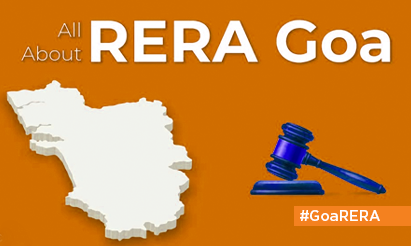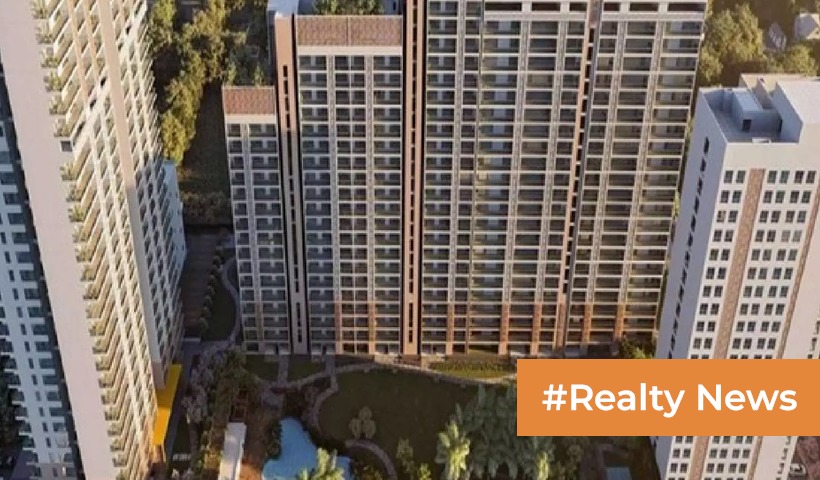Kutcha House vs. Pucca House: Understanding the Meaning and Differences!
In the realm of housing, the terms “kutcha house” and “pucca house” are often used to describe different types of dwellings. These terms, commonly found in India and other parts of the world, represent distinct construction styles and materials. In this blog post, we will delve into the meaning of kutcha houses and pucca houses, highlighting their differences in terms of construction, durability, and socioeconomic implications.
- Definition and Meaning: A kutcha house refers to a dwelling constructed with temporary or locally available materials such as mud, thatch, bamboo, or corrugated sheets. It is typically associated with low-cost, traditional housing found in rural areas or economically disadvantaged communities. On the other hand, a pucca house represents a permanent and more substantial structure constructed using durable materials such as bricks, concrete, steel, and cement. Pucca houses are associated with more permanent settlements, urban areas, and higher socioeconomic standards.
- Construction and Materials: Kutcha houses are built using readily available materials found in the local environment. Mud, straw, bamboo, and thatch are commonly used for walls, roofing, and flooring. The construction techniques are simple and require minimal skilled labor. In contrast, pucca houses involve more complex construction processes, utilizing modern materials like bricks, concrete, steel, and cement. The use of these durable materials provides better structural stability and longevity.
- Durability and Resilience: Kutcha houses, being constructed with temporary materials, have limited durability and resilience against natural elements such as heavy rainfall, strong winds, and earthquakes. They may require frequent maintenance and repairs due to their vulnerability. Pucca houses, with their solid construction and use of durable materials, offer greater resilience and can withstand harsh weather conditions and natural disasters with minimal damage.
- Comfort and Amenities: Kutcha houses generally lack proper insulation and amenities like electricity, plumbing, and sanitation facilities. They often have open spaces or inadequate ventilation, leading to discomfort and health hazards. Pucca houses, on the other hand, are designed to provide better comfort and modern amenities. They typically have proper insulation, electricity, plumbing, and sanitary provisions, ensuring a more comfortable living environment.
- Socioeconomic Implications: The choice between kutcha houses and pucca houses often reflects the socioeconomic status and access to resources of individuals or communities. Kutcha houses are prevalent in economically disadvantaged areas where affordability and availability of resources are limited. Pucca houses are associated with higher standards of living, urban areas, and greater financial resources.
- Housing Upgrades and Social Development: The transition from kutcha houses to pucca houses is often seen as a sign of progress and social development. Government initiatives and housing programs aim to upgrade kutcha houses, providing better-quality housing to underprivileged communities. These initiatives focus on improving living conditions, ensuring access to basic amenities, and enhancing overall well-being.
Conclusion: Kutcha houses and pucca houses represent contrasting housing types in terms of construction, materials, durability, and socioeconomic implications. While kutcha houses are constructed with temporary materials and often lack essential amenities, pucca houses offer greater stability, comfort, and modern conveniences. Understanding the differences between these two types of houses is essential for addressing housing challenges, promoting social development, and improving the quality of life for individuals and communities.
Disclaimer: The views expressed above are for informational purposes only based on industry reports and related news stories. PropertyPistol does not guarantee the accuracy, completeness, or reliability of the information and shall not be held responsible for any action taken based on the published information.




